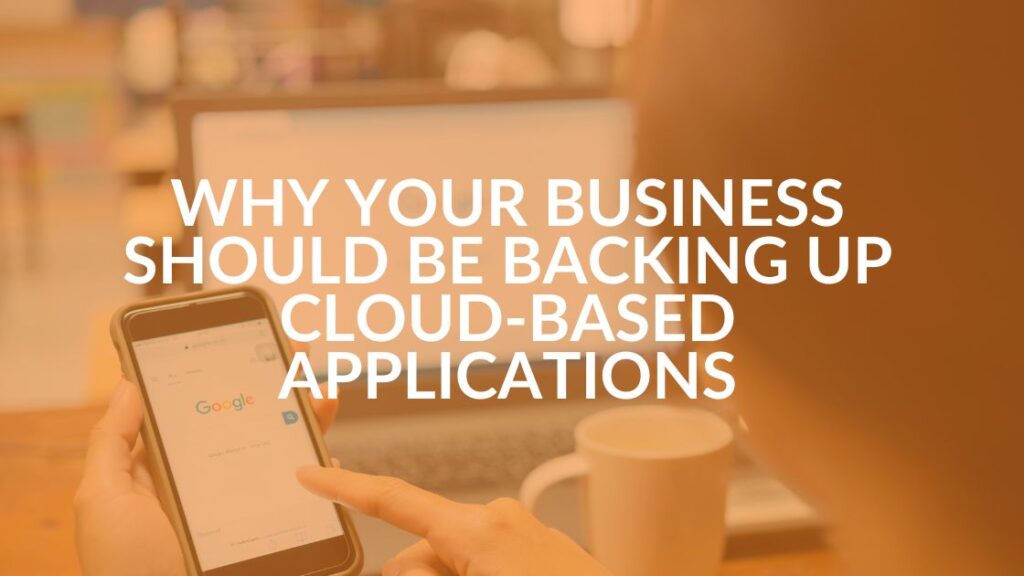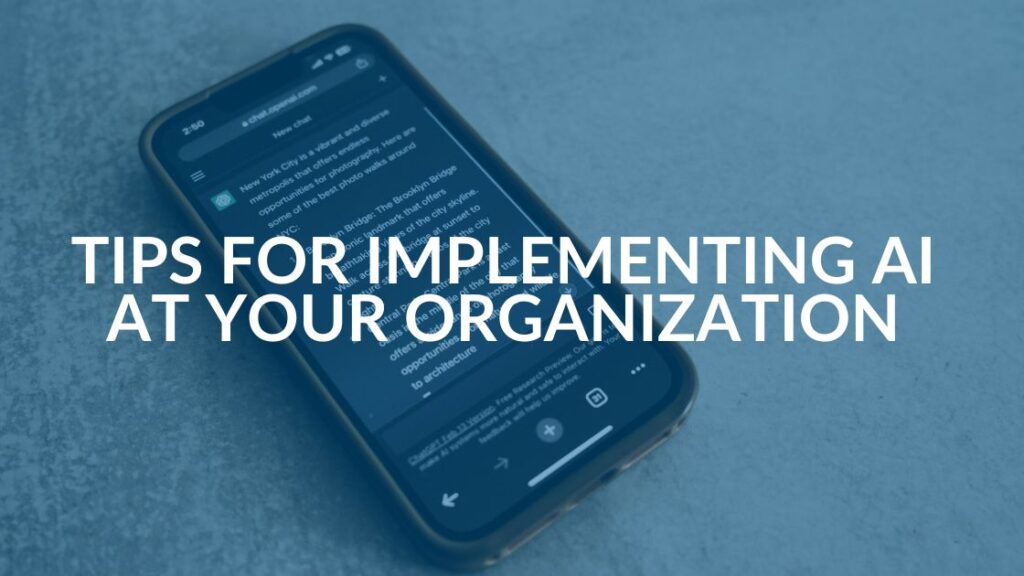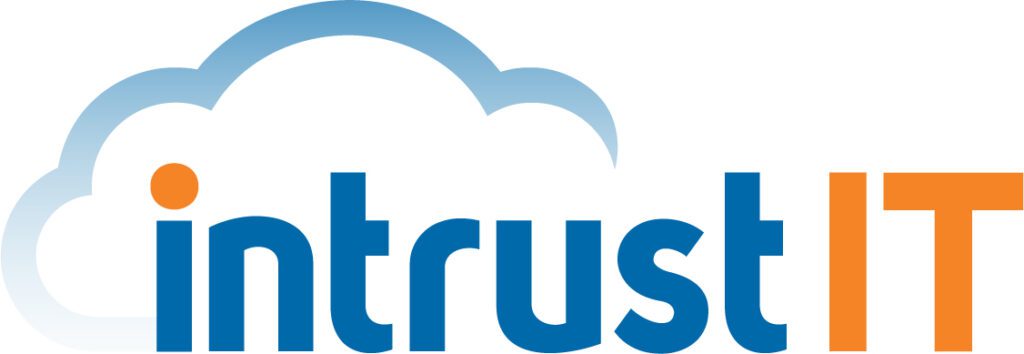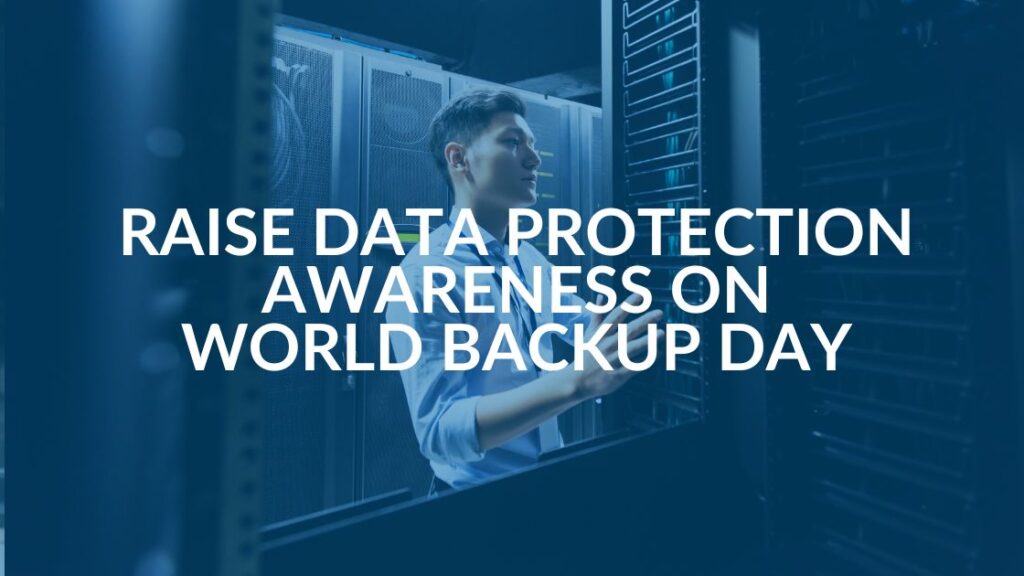A Leader’s Guide to Creating a Foolproof Business Continuity Plan (and Why It’s Important)


Are you ready for a crisis? Fire, flood, breach, ransom? If your business has been running smoothly, you might think you don’t need a continuity plan. You’ve been lucky. Most companies have had some sort of disruption that prohibits working. Those who have experienced disasters already know the benefit of having a continuity plan in place. Do you have one for your business? If not, you should.
You know that a crisis, man-made or natural, can happen at any time. When you have a foolproof continuity plan ready, with complete knowledge of who needs to do what in response to a major problem, your business can get back up and running without much delay or damage.
A well-thought-out business continuity plan will prepare you for any worst-case scenario, whether it’s a stock market crash or a tornado tearing through your area. That’s when your plan mitigates the crisis and allows you to keep functioning and servicing your clients.
Your team, no matter where they are, will be more comfortable through various predicaments because they’ve already had a chance to see what happens and what their role is during the crisis.
Here we touch on the significance of a continuity plan and explain how to create one for your company.
Why Your Business Needs a Continuity Plan
The most obvious benefit is that it presents a clear picture of how to proceed if a crisis occurs. Different types of crises (fire, breach, flood) will require different actions on the part of your staff. Once in place and practiced, your staff will be able to counteract and recover from all threats. The plan will also help protect your assets, including your personnel, during disasters, allowing them to function without interruption.
But don’t wait until a crisis rears its face. Business continuity plans should be developed as part of a company’s overall risk management. In other words, ahead of time, not in the middle of a crisis.
If or when a damaging event develops, the plan will provide information on how the particular crisis can impact your operations and how to implement procedures to minimize damages. Rehearsing the plan will also help you check if your systems work, are up to date and if you have secure and continued access to your systems. In essence, it dictates how your team or IT service provider can reach critical platforms, available bandwidth, and whether you need to boost their network capacity. In addition, a business continuity plan will:
- Show you how the overall effect will be a reduced risk of losing your business and team members.
- Safeguard against lost productivity, financial loss, and a damaged reputation.
- Help protect your employees from injuries or death in case of physical threats.
What Threats Can Be Addressed With a Continuity Plan?
- Pandemics. As we’ve all discovered recently, a pandemic can affect not just your life but also your business plans in many ways. One way is by forcing employers to create a system for their workforce to work from home. This shift resulted in increasing demand for some services and reducing demand for others. Your product distribution could be curtailed because of supply chain problems during a pandemic. A business continuity plan can detail ways you might communicate throughout the crisis period to conduct business off-site and provide several options for distribution.
- Natural disasters. Ohio is subject to several different kinds of natural disasters: severe storms, floods, tornados, snow and ice storms, landslides, power outages and, from time to time, tropical storms. Most of the natural disasters are hard to predict but all can have disastrous consequences in a very short period of time. A business continuity plan can help mitigate the damage to productivity as a result of a natural disaster, including the disruption of supply chains.
- Utility outages. When your water doesn’t flow and your phones, internet and phone services don’t work, it would be best to have a business continuity plan in place to help you with handling these situations, especially if the outages are predicted to last a long time. Having a business continuity plan will help reduce the risk of asset damage and productivity loss.
- Cyber attacks target your technical assets and come in many forms, such as data theft, ransomware, distributed denial of service and SQL injections. These attacks must be dealt with immediately in order to not lose access to ALL your business data. That’s when the attack becomes a catastrophe. Having a business continuity plan in place will help you effectively resolve the problem.
Create the Best Continuity Plan for Your Company
In order to produce a foolproof continuity plan, you will need a systematic approach. The strategy should involve:
- Identifying goals. Business continuity includes all essential business functions, not just your IT systems. It includes public relations, human resources, operations and more. Because your company is unique, specific goals unique to your company need to be an integral part of your plan. Figure out what they are and back them up with recovery strategies.
- Creating an emergency preparedness team of managers. Select some cross-functional managers or anyone who has the skills to contribute to this plan such as your IT service provider. Pick a response leader and make it clear to all that that person is in charge of moving things forward when a crisis strikes.
- Analyzing business impact and assessing risk. Identify, research and analyze your potential threats thoroughly. Discuss them with your team and see what would happen if you had to reduce, eliminate or modify certain services. Note the issues encountered along the way.
- Focusing on your customers’ needs. Your clients will be nervous if or when service to them is disrupted. Transparency and empathy are what they need during this difficult time. The only way to assuage them of their anxiety is to ensure that your customer support team understands your continuity plan and what their needs are. Hire more staff, if necessary, to answer clients’ inquiries.
- Addressing business function. Critical business functions should be incorporated into your continuity plan, including but not limited to: business risk, community partners or external organizations, emergency policy creating, impact on customers and employees and financial resources during disasters.
- Training staff and updating the plan. Take a proactive approach to the continuity plan by using trial runs with your staff and other stakeholders in order to verify the plan works. With this proactive approach, you will be able to pinpoint any weaknesses or missing aspects. After you get their feedback and make any necessary adjustments, train your staff to make the execution of the plan even smoother.
If you follow these strategies, there will not be much room for error. It will help your company maintain business operations, the supply chain and build customer confidence. Your customers and staff will appreciate your response to emergencies when they see your ability to preserve your brand, prevail over your competition and mitigate financial loss.
Crises Need Not Paralyze Your Business
Your leadership abilities are put to the ultimate test when disasters strike. Don’t leave your company vulnerable to these disasters. Create an in-depth business continuity plan before emergencies arise. Everyone in your company needs to be on the same page. When they are, you’ll be able to come out stronger after any crisis.
If you’d like more insights into developing a continuity plan, get in touch with us today. We will set up a 10-15-minute chat to determine your goals and how to achieve them. Contact us or book a free no-obligation meeting, virtual or in person.
Share this Blog

Is Your Name or Birthday a Part of Your Password?
If so, you’re a part of the 59 percent of people who don’t follow proper password hygiene. More than 70 percent of passwords are used for more than one system, meaning if cybercriminals crack one, they can access a lot more accounts.
Our free Enterprise Password Management Guide will give you the best password hygiene practices to help you secure your computer and your business.
Download the Guide
Explore the Latest Trends in IT

Microsoft 365 and Google Workspace: The Importance of Backing Up Your Cloud-Based Applications

AI Guiding Principles

Edge vs Chrome Security: Which Is the Best Browser for Your Business?




